Back to Courses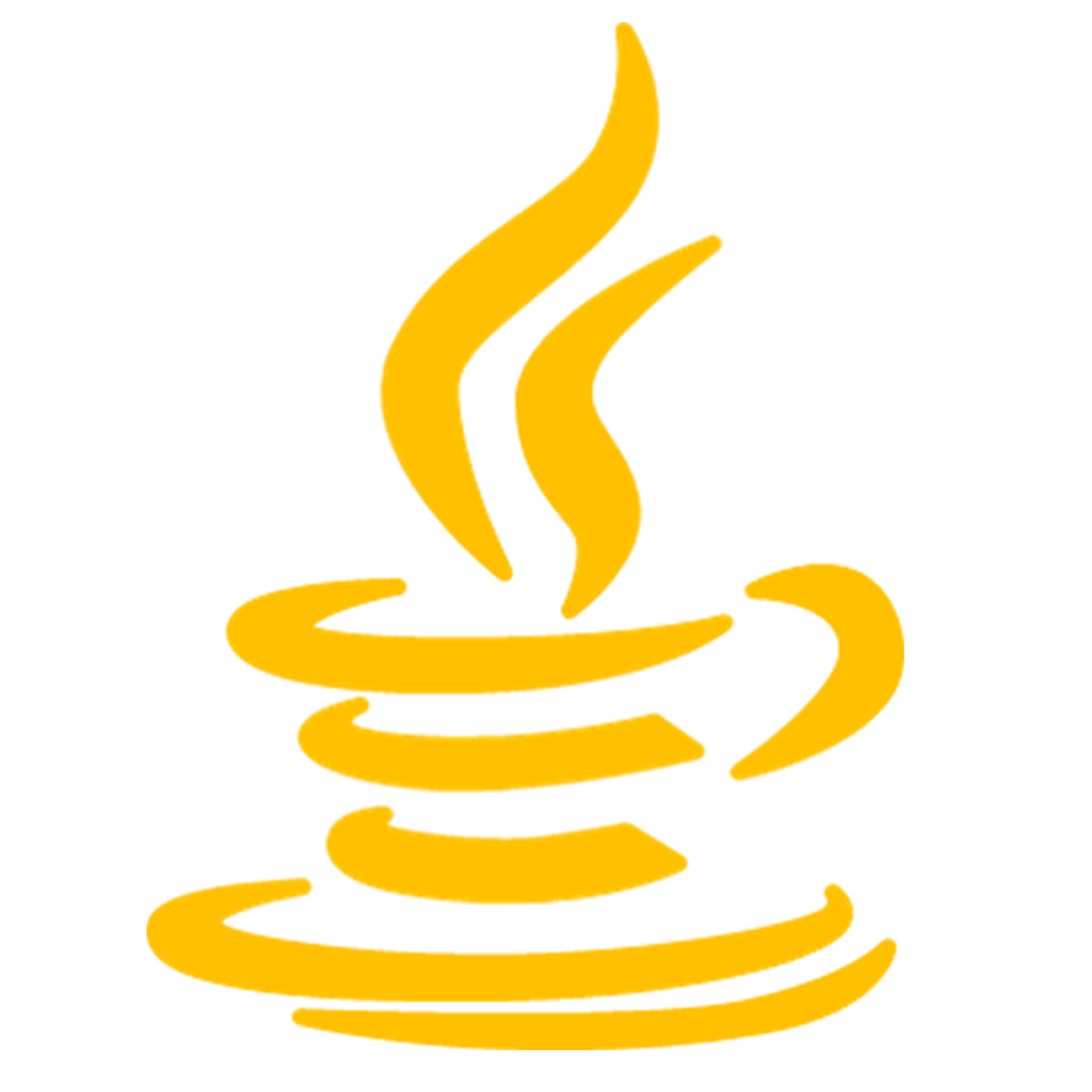
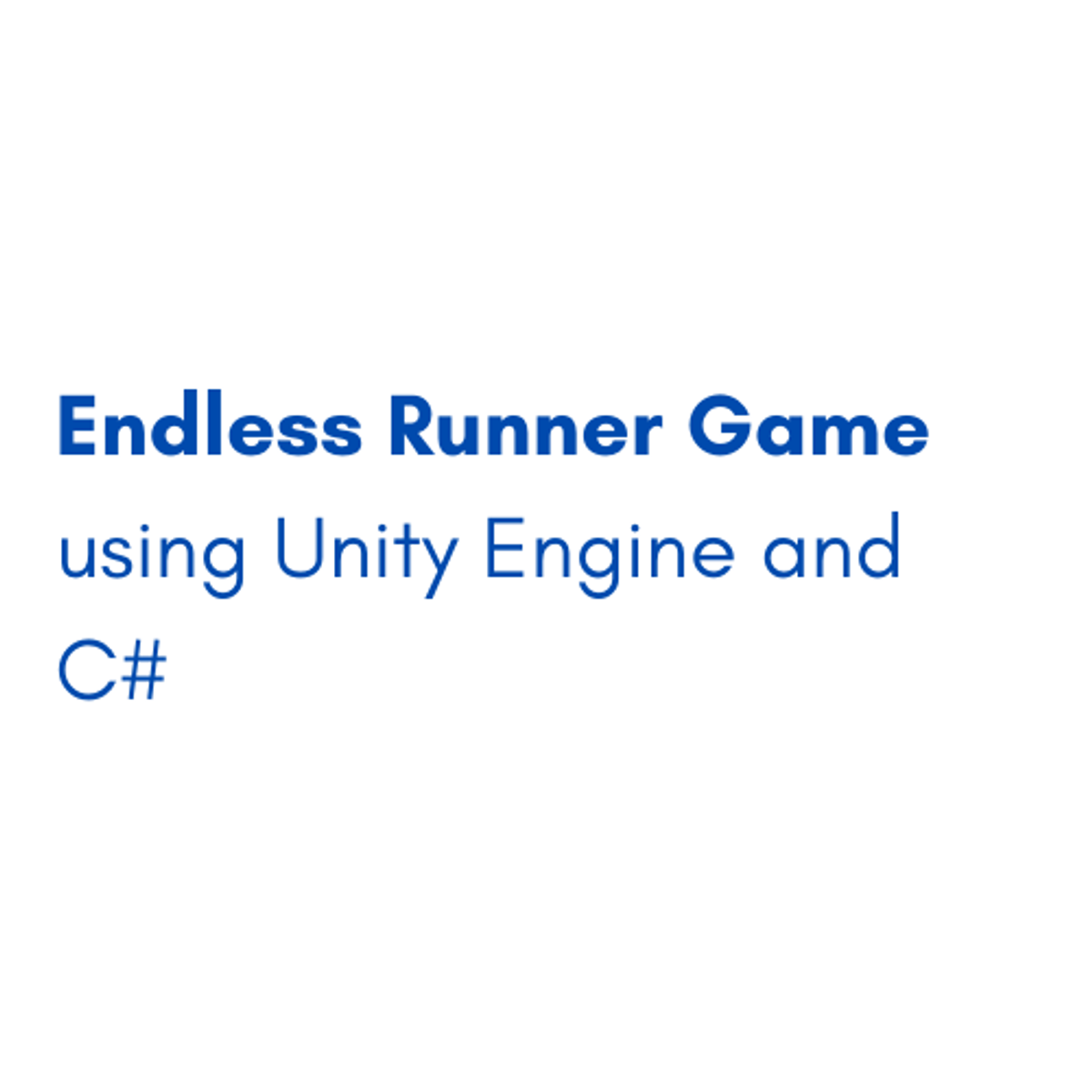
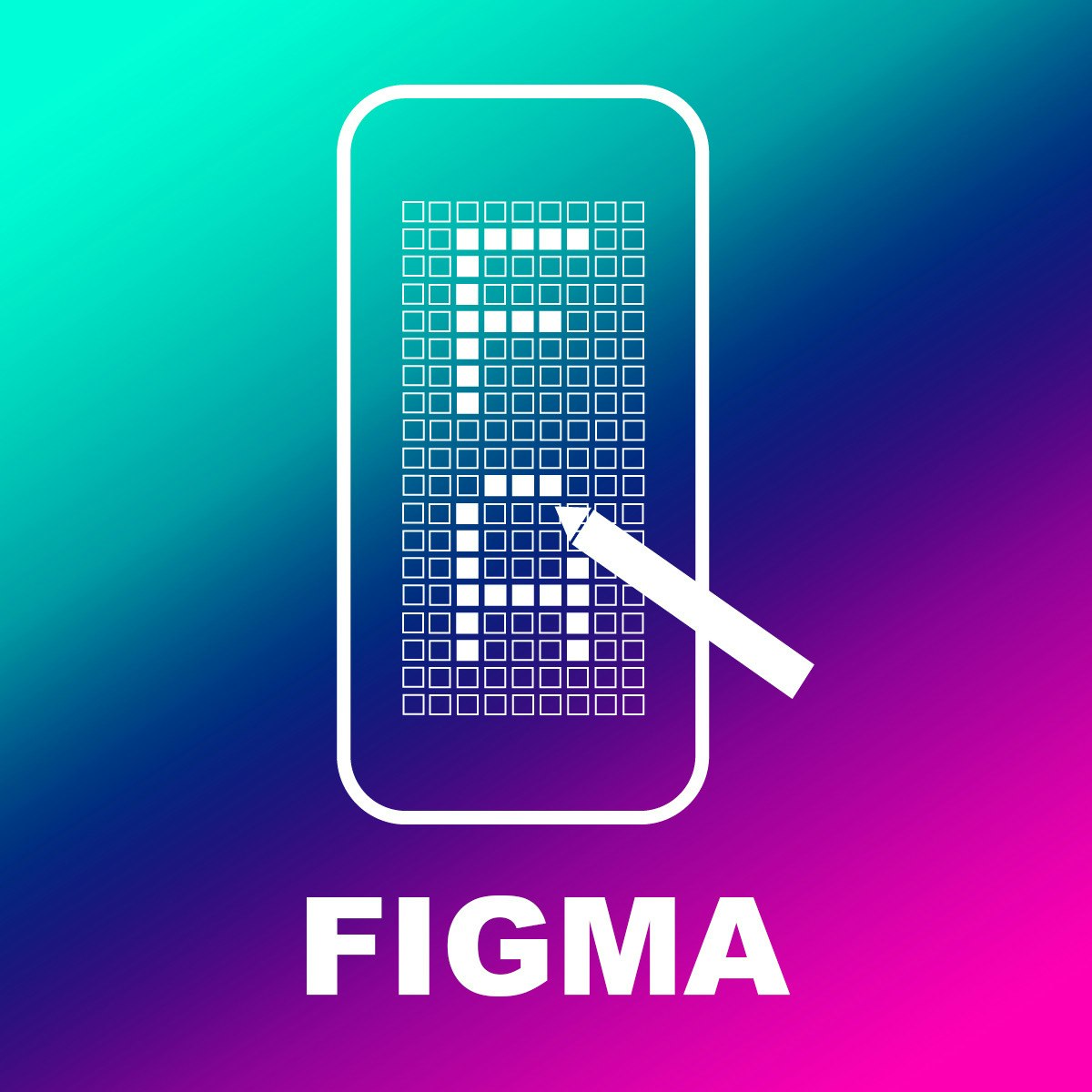

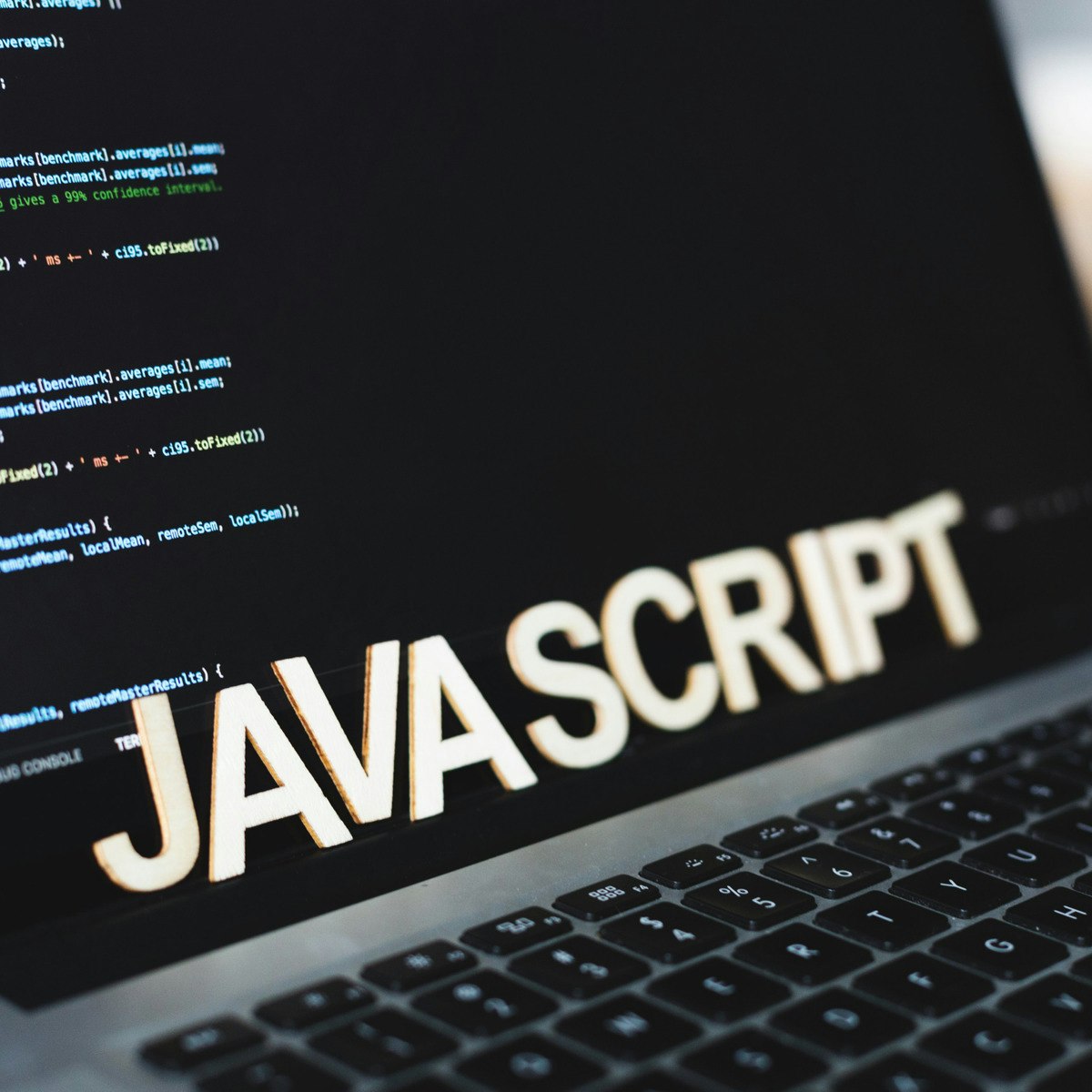


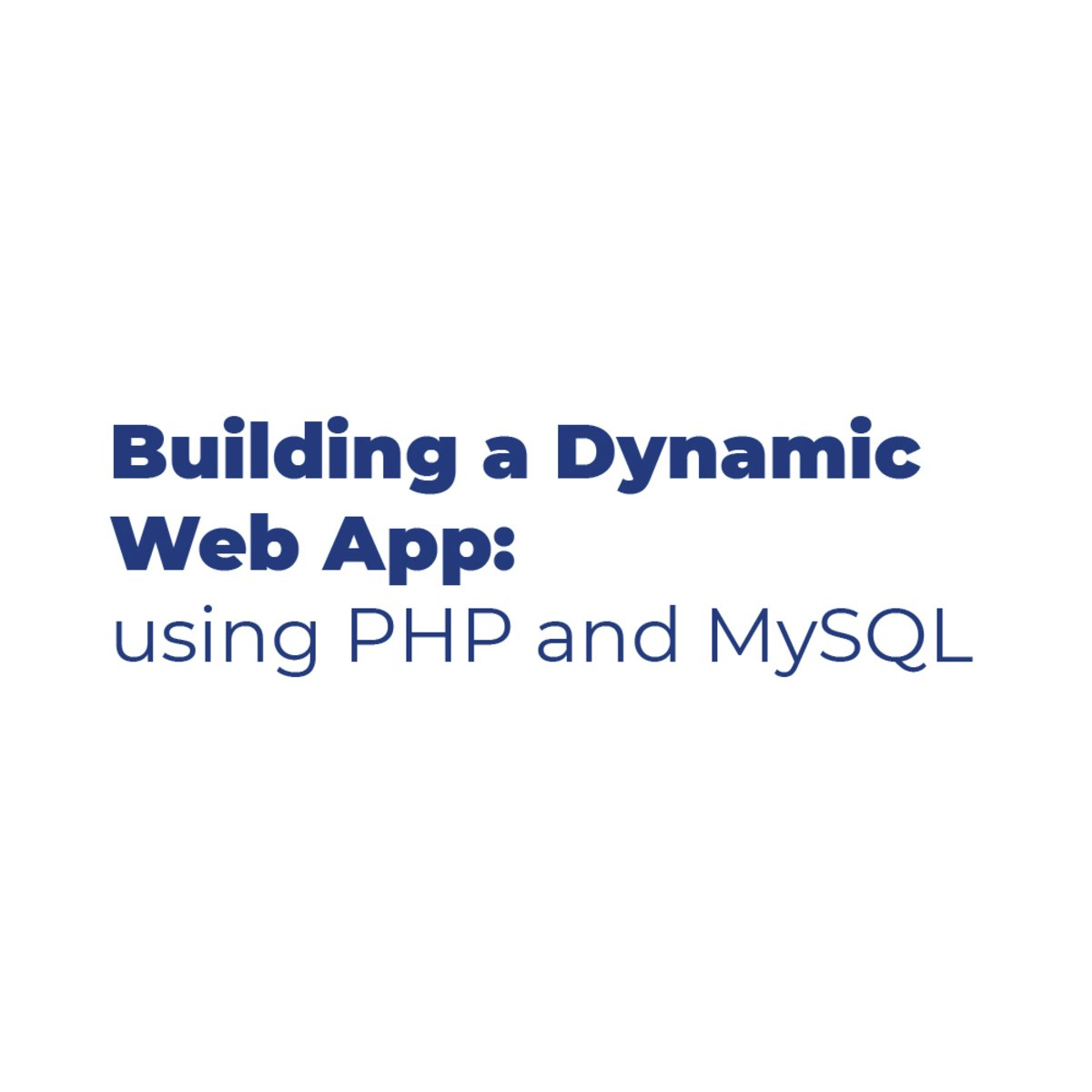
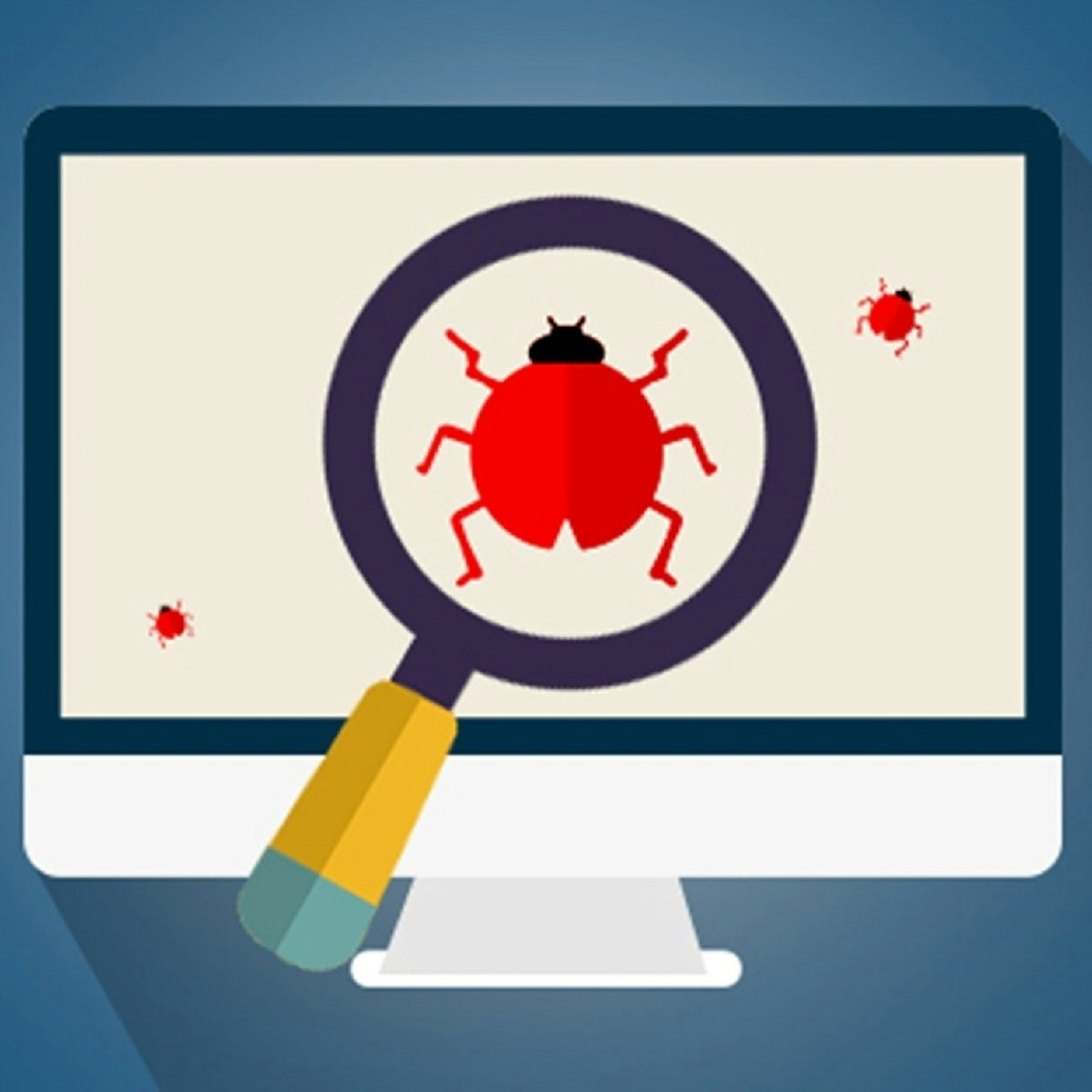

Mobile And Web Development Courses - Page 34
Showing results 331-340 of 456

Introduction to Java as a Second Language
This course is meant to be an introduction to Java as a second language, if you are familiar with any computer programming language. It could be shell scripting, knowledge of older Java versions, JavaScript, etc. This course will allow you to quickly pick up the Java programming language. You will learn Java Object Orientation, and see the parallels with other programming paradigms.
This is course 1 of a 3 course Specialization titled Java as a Second Language. It assumes that you know some programming and want to transfer that knowledge into learning Java.
Lab exercises will be performed using your system and Java installation. The instructor will guide you through setting up and configuring your environment and working through the labs. Java can be installed on just about any type of computer, but the instructor will demonstrate the installation on a Windows system.

Endless Runner Game using Unity Engine and C#
In this 1-hour long project-based course, you will learn how to build a fully functioning game using Unity engine and C# through learning about the environment in Unity, the game objects and the cameras. You will also be able to build a collision system, design the game and add more scenes, menus and music system to the game.
Note: This course works best for learners who are based in the North America region. We’re currently working on providing the same experience in other regions.

Create a High-Fidelity Prototype with Figma
In this 1 hour guided project, you will first learn the fundamental principles of high-fidelity prototyping. Then you will learn the basic techniques of using Figma to create a high-fidelity prototype for a pizza restaurant mobile application. High-fidelity prototypes closely resemble the final product and give users and developers a real taste of how the features work. Finally you will learn how to share your work with team members and clients to refine your design with them. Prior knowledge with basic mobile application user interface is recommended.
An account with Figma is required for this project. If you do not already have an account. You can create a free account with Figma. To make your learning experience smoother, please do so prior to starting the project.

Interactivity with JavaScript and jQuery
This course is the third in our JavaScript for Beginners Specialization. The scripts will become more complex and introduce more complex jQuery plugins. You will have several challenges to practice your skills throughout the course. The course objectives include how to identify objects in JavaScript; create new objects and populate them with data; manipulate objects by adding, modifying and deleting data in objects; manipulate the DOM based on the data in objects; identify and articulate how multiple functions work together to create a more complex program; and identify processes for breaking larger programs into smaller, more manageable pieces.

JavaScript Essentials For Beginners
In this 1.5-hour long project-based course, you will learn JavaScript essential functions and you will learn how to make a website interactive by using JavaScript.
You will learn JavaScript built-in functions, user-defined functions, dialog boxes, and many more techniques required to make your web application alive.
By the end of this project, you will be able to implement JavaScript in your web projects and make your website interactive.

Web Application Development: Basic Concepts
This is the first course in a Coursera Specialization track involving Web Application Architectures. This course will give you the basic background, terminology and fundamental concepts that you need to understand in order to build modern full stack web applications. A full stack web developer is familiar with each "layer" of the software technologies involved in a web application, including data modeling and database technologies, the web server environment and middleware components, network protocols, the user interface and basic visual design and user interaction concepts.
In this course we will learn by doing. We will start by learning the major components of web application architectures, along with the fundamental design patterns and philosophies that are used to organize them. You will build and continually refine a fully functional full-stack web application as we progress through the modules in this course. Along the way you will be exposed to agile software development practices, numerous tools that software engineers are expected to know how to use, and a modern web application development framework.
This course is also available in Spanish. To join the Spanish version, visit this page: https://www.coursera.org/learn/apliweb.

Front-End Developer Capstone
The Capstone project enables you to demonstrate multiple skills from the Certificate by solving an authentic real-world problems. This course will test your knowledge and understanding, and provide you with a platform to show off your new abilities in front-end web development using React.
On completion of the Capstone project, you’ll have a job-ready portfolio that you can show to recruiters, demonstrate during interviews and impress potential future employers.

Building a Dynamic Web App using PHP & MySQL
In this 1-hour long project-based course, you will learn how to create a simple note-taking web app using PHP and MySQL. PHP and MySQL enable developing powerful dynamic web pages and applications. They are some of the most widely used technologies in the world right now for developing back-end applications. They allow you to create dynamic content on your webpage and bring it to life. They also allow to persist data in the backend database and use them in every different way. Eventually, you will be able to use the concepts you learned to build more complex and powerful web pages and applications using PHP and MySQL. This will open huge career opportunities in the field of back end web and mobile development.
Note: This course works best for learners who are based in the North America region. We’re currently working on providing the same experience in other regions.

Black-box and White-box Testing
After completing this course, learners will have an understanding of a variety of black-box and white-box testing techniques. The learner will have put this understanding into practice, creating effective sets of test cases (called a test suite) to properly exercise software for defect finding. The learner will have examined requirements for testability, created an oracle for automated testing, assessed fault-finding effectiveness of test suites, and generated inputs using a variety of techniques.
After completing this course, you will be able to:
- evaluate testability of requirements
- define testable units within a program specification
- apply black-box test input selection methods - specifically boundary-value analysis, fuzzing, and random selection - and select the method most-suited to achieve the given testing objective
- assess the fault-finding effectiveness of a functional test suite using mutation testing
- use category partitioning to develop automated functional tests (with Cucumber) based on a given software specification
- create an expected-value oracle from a program description to use within the generated tests
In order to do well in this course, you should have experience with an OOP language (like Java), have an IDE installed (e.g., Eclipse), and be familiar with testing terminology (see Intro to Software Testing course within this specialization). we also expect a familiarity with the Software Development Lifecycle and the context in which the testing stage sits.
This course is primarily aimed at those learners interested in any of the following roles: Software Engineer, Software Engineer in Test, Test Automation Engineer, DevOps Engineer, Software Developer, Programmer, Computer Enthusiast.

Capstone (React App)
Welcome to the Capstone project! This project enables you to demonstrate multiple skills from this Certificate by solving an authentic real-world problem. This course will test your knowledge and understanding in mobile development using React Native.
On completion of the Capstone project, you’ll have a job-ready portfolio that you can show to recruiters, demonstrate during interviews and impress potential employers.
Popular Internships and Jobs by Categories
Find Jobs & Internships
Browse
© 2024 BoostGrad | All rights reserved